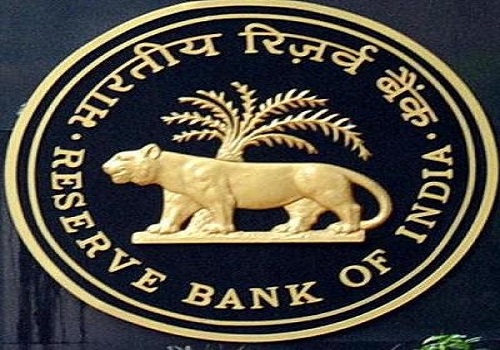Consumer shift towards organic - the driving forces

Follow us Now on Telegram ! Get daily 10 - 12 important updates on Business, Finance and Investment. Join our Telegram Channel
Consumers are making conscious decisions to avoid processed foods containing emulsifiers, stabilisers, and chemicals, realising that lower-cost food alternatives lead to a path with significant health consequences. While on the path to eating clean, consumers are also concerned about the environmental impact of processed foods.
Organic food, which focuses on localisation, health, and environmental friendliness, is something that consumers are becoming more interested in recent years.
According to the FiBL and IFOAM Organics International Report 2021, India ranks first in Asia (fifth in the world) with 23 lakh hectares under organic farming. The report also predicts that India's organic business will grow at a faster rate as a result of increased demand for organic products during the outbreak.
Furthermore, the Indian organic food industry has grown significantly, reaching $820 million in 2020 from just over $200 million in 2018, and is expected to grow at a CAGR of 24 per cent from 2021 to 2026.
The pandemic has had a "long-term impact on consumer behaviour, particularly in terms of food and beverage choices."
According to an EY India survey, Indian consumers are willing to spend more money on fitness classes and activities, natural foods, health supplements, and specialised diets because the COVID-19 pandemic has caused "the biggest seismic shift" in the country, putting health and immunity at the forefront.
According to the report, approximately 94 per cent of Indians are concerned about the health of their families, compared to 82 percent globally, and while functional meals and supplements have gained popularity in Europe and Asia, the Indian consumer still prefers "better for you" cuisine and home remedies.
Concerns about the potential negative health effects of foods produced through intensive farming practices have sparked renewed interest in the health benefits of organically grown fruits and vegetables. Organic products are in high demand everywhere, from the health care industry to the food industry.
People are becoming more aware of the long-term health benefits of eating chemical-free food, and they are willing to pay a little more to avoid eating conventionally grown food. They understand that organic goods provide them with a healthier, disease-free lifestyle for a longer period of time, saving them money on future medical expenses.
Some of the advantages of this paradigm change in consumption patterns:
Health Advantages: Consumers are drawn to organic products because of their better nutritional value. For organic items, the adage "you are as good as the food you consume" holds true. Superfoods cultivated organically provide several health advantages. A diet rich in vitamins, minerals, and no preservatives can help prevent a variety of diseases. An organic diet increases energy levels in the body and reduces cravings with better fibre content. The findings revealed that when plants grown in organic production systems and not exposed to synthetic chemical pesticides create more phenols and polyphenols to protect themselves from insect assaults and damage.
Eco-Friendly: Organic farmers adhere to stringent cultivation guidelines, which benefit the land, water, and air. Organicfarming practices also help to preserve biodiversity and the ecosystem's natural equilibrium. Organic agriculture contributes to the battle against global warming since organically grown food is supplied locally, using less energy for transportation and thereby reducing carbon dioxide emissions. Growing food has long been associated with environmental balance. They don't include any potentially dangerous elements, which is one of the reasons why consumers choose organic products over conventional ones.
Sustainable: Because organically grown products and ecologically friendly packaging go hand in hand, many organic producers, shippers, and distributors are establishing projects to limit the use of plastics and incorporate environmentally friendly materials. Packaging companies are racing to develop eco-friendly materials for both organic and conventional goods.
The paper board packaging for Milk is one such packaging introduced by Akshayakalpa. Paper boards are made from virgin paper boards that are recyclable. Originally designed to transport fresh pasteurised milk, this container has since become the standard for fresh milk and juice in many countries. The gable top carton is more environmentally friendly than plastic packaging alternatives because it is made of renewable and recyclable materials.












 320-x-100_uti_gold.jpg" alt="Advertisement">
320-x-100_uti_gold.jpg" alt="Advertisement">












